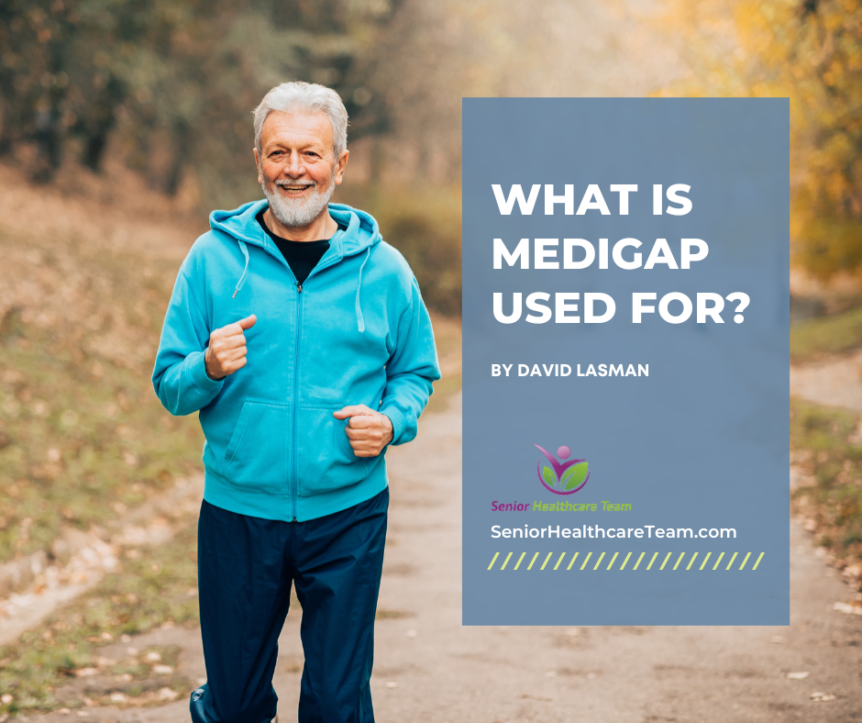As individuals approach retirement age in the United States, one of the primary concerns is healthcare coverage. Medicare, the federal health insurance program for people aged 65 and older, provides essential coverage for many medical services. However, Medicare alone may not cover all healthcare costs, leading many individuals to consider supplemental insurance plans. But do you really need supplemental insurance with Medicare?
Unveiling the Best of the Best: The Top 5 Medicare Supplement Plans Revealed!
Are you looking for the best Medicare supplement plans? Look no further! In this article, we will unveil the top 5 Medicare supplement plans that provide extensive coverage and value for your healthcare needs. Whether you’re a senior citizen or someone with a disability, having the right Medicare supplement plan is essential to ensure you receive the healthcare services you deserve.
Unlocking the Synergy: How Original Medicare and Medicare Supplement Insurance Work Together
Navigating the complex landscape of healthcare coverage can be a daunting task, especially for seniors seeking comprehensive care. Original Medicare, consisting of Part A (Hospital Insurance) and Part B (Medical Insurance), lays the foundation for basic coverage. However, many beneficiaries find that it doesn’t cover all their healthcare expenses. Enter Medicare Supplement Insurance, also known as Medigap, designed to fill the gaps left by Original Medicare. In this article, we’ll explore how these two components work in tandem to provide a more robust and seamless healthcare experience for seniors.
Five Disadvantages of Medicare Advantage Plans
Medicare Advantage plans, also known as Medicare Part C, have gained popularity as an alternative to traditional Medicare. These plans offer a combination of hospital and medical coverage, often with additional perks like dental, vision, and prescription drug coverage. While Medicare Advantage plans have their advantages, it’s essential to consider the disadvantages before enrolling. In this article, we’ll explore five significant disadvantages of Medicare Advantage plans to help you make an informed decision about your healthcare coverage.
Everything You Need to Know About the Medicare Annual Enrollment Period 2023 (AEP)
Once a year, Medicare gives its nearly 65 million beneficiaries a chance to step back, review their coverage and make any changes that will help them get the best out of the federal government’s health insurance program for adults age 65 and over and people with disabilities.
But experts say too many enrollees overlook this annual opportunity to possibly save money and improve their coverage.
More 2023 Medicare Supplement Insurance (Medigap) FAQ’s Answered
Medicare Advantage is a type of private insurance that is a substitute for Medicare Part A and Part B with more restrictions, risks and limitations.
Medicare Supplement plans, also known as Medigap plans, can be purchased to fill specific gaps in Original Medicare coverage. They’re sold by private insurance companies but are regulated to provide the same standard benefits across providers.
Costs, Coverage, and Finding the Best Medicare Part D Plan
While prescription drugs can help older adults manage various health conditions as they age, paying for medications can also put a serious strain on a person’s budget. In fact, the Health Policy Institute at Georgetown University found people ages 65 to 79 spend an average of $456 a year out of pocket on prescription drug expenses.
Medicare and Medicare Supplement Insurance (Medigap) Explained
Medicare is a federal health insurance program in the United States that provides coverage for eligible individuals who are 65 years or older, younger people with disabilities, and people with end-stage renal disease.
What is Medicare?
Medicare is a federal health insurance program in the United States that provides coverage to individuals who are aged 65 and older, individuals with certain disabilities, and individuals with end-stage renal disease. The program was signed into law by President Lyndon B. Johnson in 1965 and has since become an important part of the social safety net for millions of Americans.
What is Medigap Used For?
As you approach retirement age and become eligible for Medicare, you may hear the term “Medigap coverage” being used. Medigap, also known as Medicare Supplement Insurance, is a type of insurance policy that is designed to help cover the gaps in Medicare coverage. In this article, we will discuss what Medigap coverage is, how it works, and why it is important.










